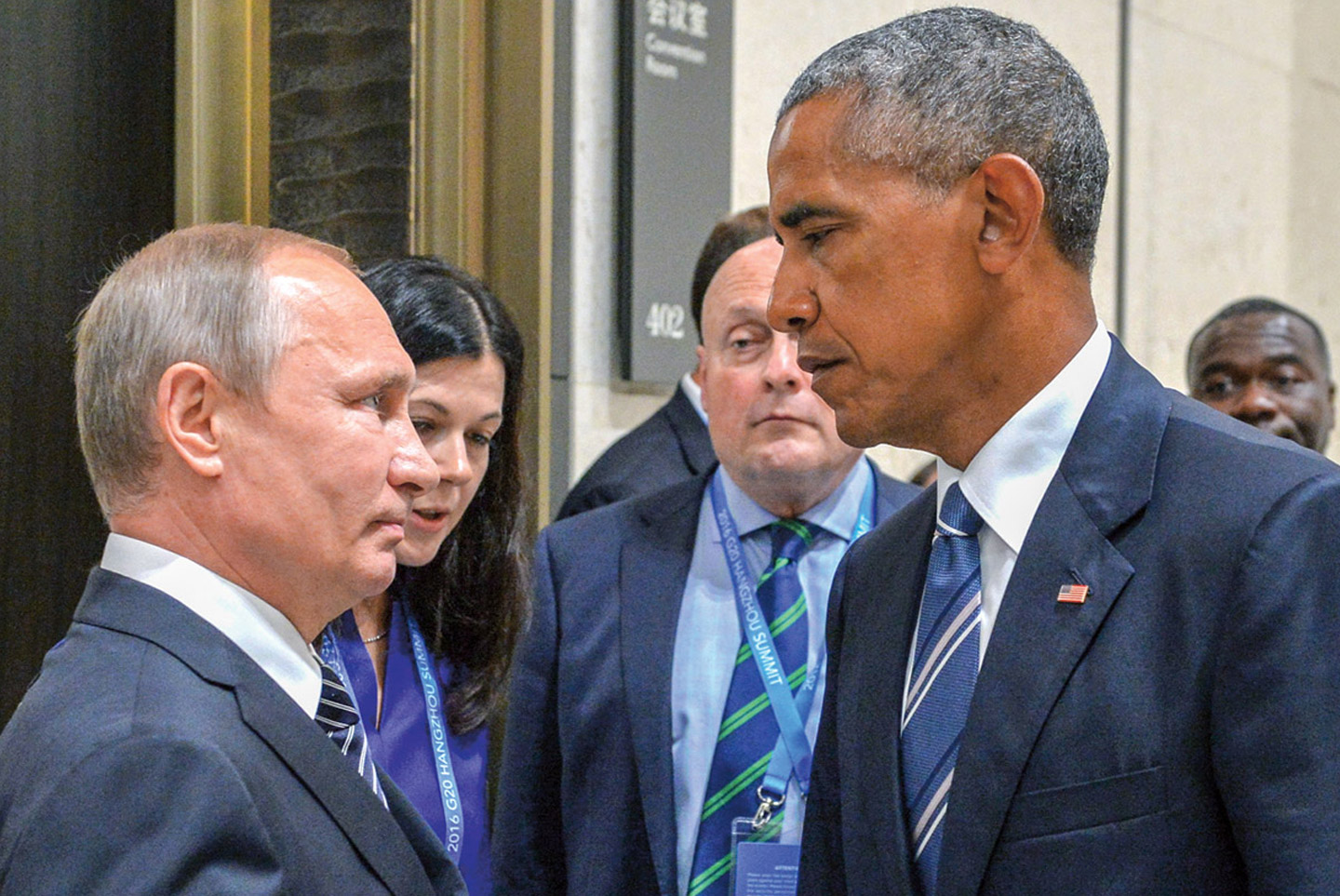Imagine waking up every day and fearing you might be wiped out by a nuclear bomb.
For almost a half century after World War II (1939-45), Americans and much of the world lived in legitimate fear of annihilation. The two Cold War superpowers—the United States and the Soviet Union—had built up arsenals of nuclear weapons and on more than one occasion had come close to using them. The stakes were high: The Soviets and their allies were trying to spread Communism around the world, and the U.S. and its allies were trying to stop them.
Then, after decades of staring each other down, something unexpected happened: The Soviet threat went away. In 1989, protesters in Germany tore down the Berlin Wall, the symbol of the Iron Curtain that had divided people under Communist and democratic rule in Europe. And two years later, in 1991, the Soviet Union* dissolved, leaving the U.S. as the world’s sole superpower.
But today, 25 years since the Soviet collapse, the hope that democracy and freedom would prevail in the 15 former Soviet republics has largely evaporated. That’s especially true for Russia, by far the largest and most powerful of the former Soviet republics. And the fear today is that the friction between the U.S. and Russia under President Vladimir Putin could result in a new standoff reminiscent of the Cold War.
“Putin sincerely believes that the end of the Cold War was a source of humiliation and misery for Russia and that the duty of any Russian leader is to erase that humiliation and restore Russia to some of the superpower glory of the Soviet Union,” says Leon Aron, Director of Russian Studies at the American Enterprise Institute in Washington, D.C.
The original Cold War began in the embers of World War II. While the U.S. and the Soviet Union had been allies—along with France and Britain—in the war against Nazi Germany, the partnership disintegrated with Adolf Hitler’s defeat. With Europe in ruins, Soviet troops occupied much of Eastern Europe and half of Germany. Soviet leader Joseph Stalin soon installed Communist puppet governments that answered to Moscow. While the U.S., Britain, and France sought to rebuild Europe, Stalin declared that the Soviets were devoted to the destruction of the capitalist West. Former British Prime Minister Winston Churchill responded by famously proclaiming in a 1946 speech that an “iron curtain has descended across the continent.”

